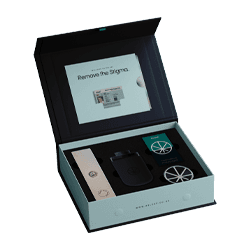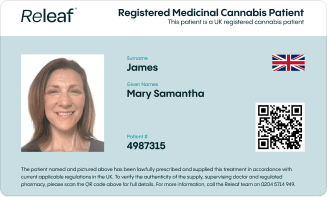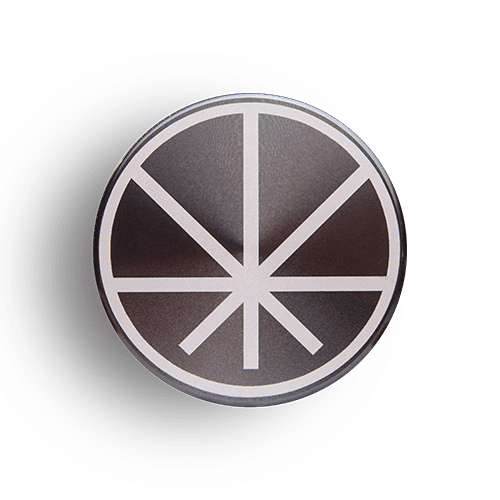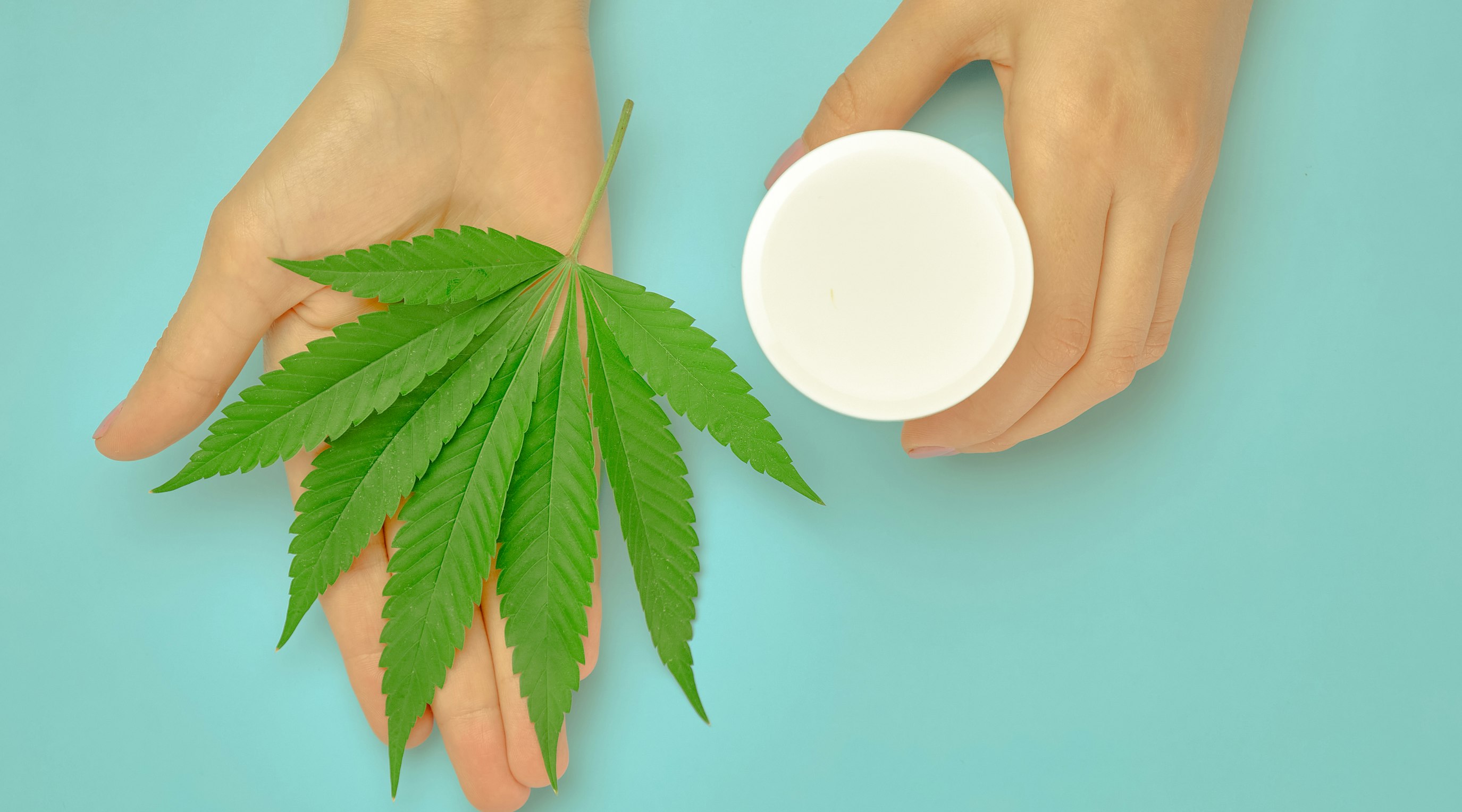What is THC
THC exhibits a great number of potential medicinal benefits that can be utilised in the treatment of medical disorders. THC is best known in medicine as an analgesic, anticonvulsant, anti-tremor, appetite stimulant, anti-nausea and neuroprotective treatment option. More clinical studies are being conducted throughout the world on the effectiveness, method of administration and dose of THC to tailor specific medications to treat individual diagnoses.
What is a topical
A topical is a medical treatment that is applied anywhere on the outside of the body. Topicals are constructed of natural or synthetic ingredients that have been carefully chosen for their specific functions, and then infused with medical substances to deliver them to or through the skin. They can act as a barrier or be intended to help a medicine be absorbed through the skin either into the bloodstream or on the surface of the skin, absorbed by a muscle or joint.
Do THC topicals really work?
THC interacts with the Endocannabinoid system (ECS) which has cannabinoid receptors CB1 and CB2 located all over the surface of the skin. When the body feels pain in a certain location, cannabinoid receptors are produced so that the body's own endocannabinoids can be sent there to help aid in pain control and inflammation modulation.
Phytocannabinoids like THC are able to fit into the same receptor sites and initiate a signal that tells the body to lower pain. THC works internally when orally ingested, but it also works as a topical via a cream, ointment, balm, or salve. THC topicals work locally by interacting with receptors that it comes directly in contact with. Transdermal delivery methods are hoped to be a way to help patients receive pain relief without the intoxicating effects caused by the inhalation of THC. There are some studies that show cannabinoids can be absorbed into the bloodstream in small trace levels through topical application. There are also points of research that indicate there is localised action on the surface and in the muscles where topical THC is applied.
What medical conditions are THC topicals used for?
The main reason patients apply THC topicals is to help reduce and cope with pain. This pain can be located on the surface of the skin, in the joints and muscles where CB1 and CB2 receptors can be found and are indeed created on demand by the body when it is injured.
Muscle injury from sports or pain caused by Fibromyalgia can potentially be helped with topical THC treatments. Patients managing itchy symptoms from eczema and psoriasis also may find relief from THC creams.
A study from 2022 observed that whilst CBD had a beneficial effect on bone healing THC may have an inhibitory effect, but further investigation is needed to confirm this and by what pathways if so.
Can THC topicals help pain relief?
Pain is caused by inflammation. Inflammation is downregulated by THC in a smaller way than its counterpart CBD, but its strongest role is as an analgesic. It does this by interacting with the Endocannabinoid system receptor CB1 signalling to turn down the pain. THC is also helpful at promoting healing, though fewer studies have been conducted into THC as a topical due to the international regulations that classify cannabis as an illicit substance, effectively hindering research. THC is also considered to make pain more tolerable where it is not completely downregulated.
Do THC topicals help with inflammation?
Inflammatory pain is known as Nociceptive pain, which is a result of tissue damage. Injuries cause damaged tissue to be sent to inflammatory and immune cells to help heal the trauma.
THC acts on the CB1 and CB2 receptors to carry out different functions. At the CB2 receptor, it blocks inflammatory mediators, switching the macrophage from the pro-inflammatory response to the anti-inflammatory response.
What are the short and long-term benefits of THC topical use?
In the short term, THC topicals provide a quick-acting and non-toxic way to downregulate pain and inflammation in a range of pain-related conditions. This provides relief from symptoms, increased mobility and the ability to carry out normal tasks. These short-term benefits compound into long-term results that can lead to a vastly improved quality of life. This is particularly noticed in arthritic and spasticity disorders, but also in skin conditions that have not responded to conventional treatments.
Are there any side effects to using THC topicals?
Whilst THC topicals are usually tolerated exceptionally well, there is a small number of people who do have some negative side effects from using it as a treatment. Some of these symptoms can be manageable, and some go away after a short time of continued treatment. But a small section of the population that administer THC topicals find they need to cease treatment because the negatives outweigh the positives. If you find that this may be the case for you personally, it may be advisable to speak to your prescribing doctor.
Side effects include dry mouth, changes in appetite, diarrhoea, nausea, and fatigue. These listed side effects typically last no more than around four hours at most. If they continue, you may want to consult a medical professional, but there should be no major cause for alarm or concern.
Don't let the stigma surrounding medical cannabis prevent you from getting a suitable treatment. Releaf provides tailored monthly packages, specialist consultations for medical cannabis, and a unique medical cannabis card for protection, all based on your medical cannabis prescription.





